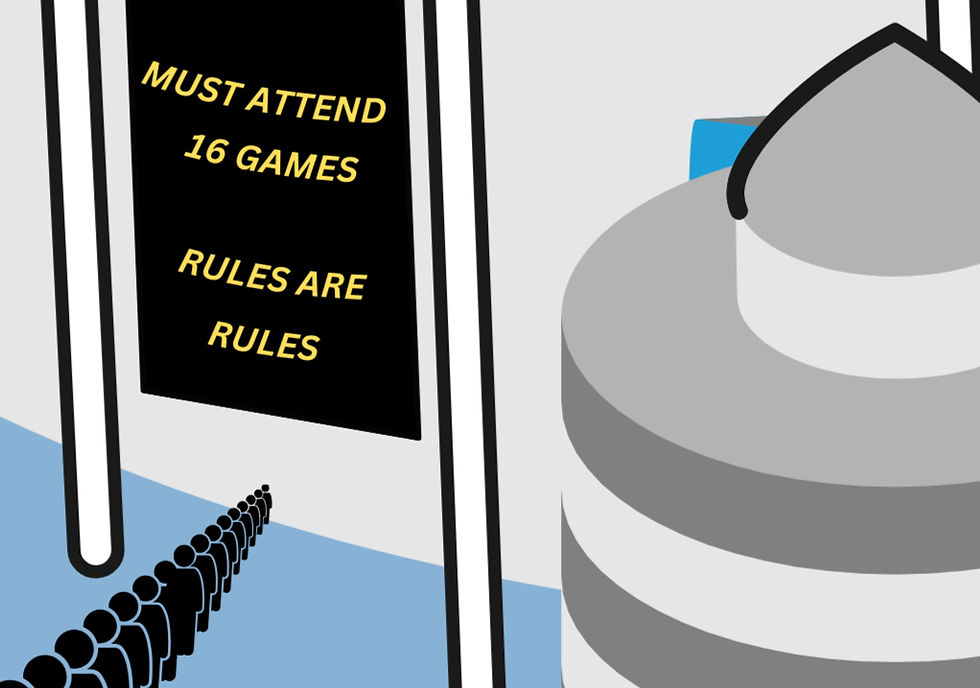Tuchel and Southgate. Two sides of the same coin?
- nouorder
- Mar 23
- 2 min read

Sport, business, and leadership are inescapably linked these days. Sporting metaphors are at fever pitch at strategy days or in board meetings. So what if the England team were a business? What if its players were profiled the same way as a set of employees were?
Would Jordan Pickford, or even Jordan Henderson for that matter, be considered dominant personalities? Would Harry Kane be considered an influencer? It makes sense with him wearing the armband. But what would his adaptive style be? Supportive? Maybe it depends on the manager.
Shift of tone.
Ahead of the Albania and Latvia games last week, he concurred with Thomas Tuchel’s appraisal of England’s mindset at Euro 2024: that the squad lacked leaders. Kane’s outspokenness has started to reflect the forthright nature we’ve seen from Tuchel since settling into football’s hardest job. His agreement doesn’t undermine Southgate per se, but if he feels that way now, he probably felt that way then.
So there’s a shift; we might be having a moment. Or not. Tuchel brought back Marcus Rashford, justifiably so on his Aston Villa form, but stuck with Kyle Walker at right back, for the 2-0 win over Albania. Phil Foden, who should be nowhere near the England team, started. Even with Bukayo Saka and Cole Palmer injured, if Tuchel is brave enough to hand debuts to Dan Burn and Miles Lewis-Skelly, go all in.
Tuchel was critical of England’s wingers after the Albania game, even if constructive and some fans will feel the opinions they had of Sir Gareth Southgate, not being shrewd enough, can be validated through his successor’s directness. There’s still sense to what the last manager tried to do though, and sense in how the new one is trying to move on from that approach.
Both were, or are, right for their time.
Tactful Thomas.
Southgate restored interest and pride in coming to England camps and lifted players who showed bravery.
Tuchel expects those things, and he’s outlined that without being critical either. In fact, the opposite. He’s pointing out missed potential.
The pendulum has swung in a gentler direction over the years when it comes to player management. At a non-elite level, it’s fine to say well done for trying, and if you don’t enjoy it, don’t do it anymore.
But this is England. This is international football. Good players want direction, good players want constructive feedback, and that often means honesty, but not unmeasurable criticism.
You might say Southgate and Tuchel are two sides of the same coin in a way. The former, who delivered the Richard Dimbleby lecture last week, said boys need better role models, rather than turning to influencers who encourage young men to fill voids through materialism amongst other things.
Lower self-esteem, a lack of being able to handle rejection, has compromised honest feedback and does young men a disservice.
Perhaps the engagement Southgate created can be turned into excellence. Perhaps Tuchel has the skill to deliver useable feedback in a direct and clear way, and can find the balance between the old and new schools of player management. Perhaps he can find the connection between old glory and new too.







Comments